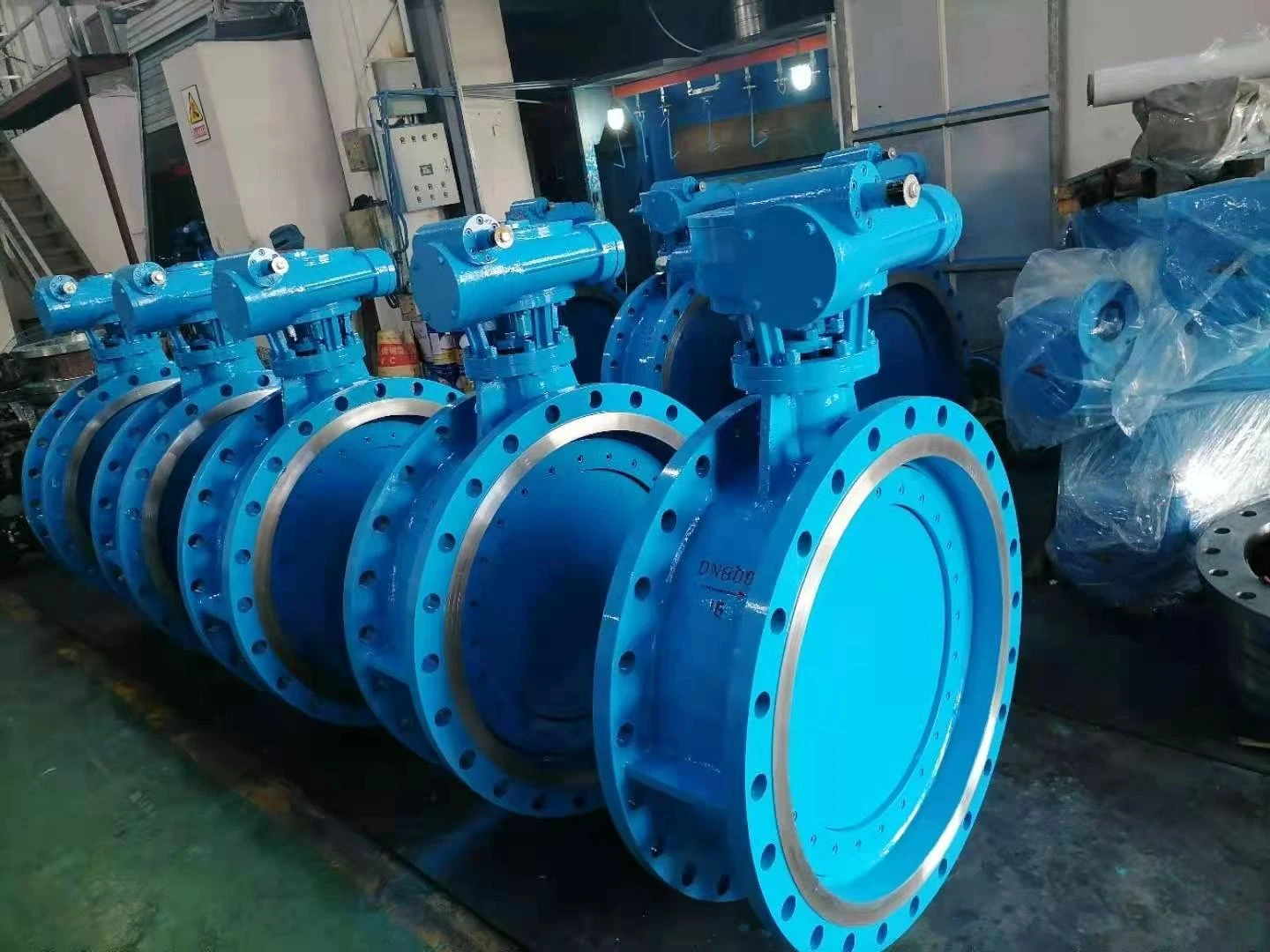12 月 . 04, 2024 16:29 Back to list
Understanding the Function and Benefits of Steel Check Valves in Industrial Applications
Understanding Steel Check Valves Applications, Benefits, and Considerations
In various industrial applications, fluid management is crucial for efficiency and safety. One of the essential components in managing the flow of fluids is the check valve, specifically steel check valves. Renowned for their durable construction and reliability, steel check valves are indispensable in industries ranging from oil and gas to water treatment and manufacturing. This article delves into the numerous benefits of steel check valves, their applications, and important considerations when selecting and maintaining them.
What is a Steel Check Valve?
A steel check valve is a type of valve that allows fluid to flow in one direction while preventing backflow. This one-way function is achieved through a mechanism that typically consists of a disc or ball which moves away from the seat when fluid flows in the desired direction. When the fluid attempts to reverse its course, the disc or ball seals against the seat, effectively stopping any backflow.
Steel check valves are primarily made of carbon steel, stainless steel, or alloy steel, offering strength and resistance to high pressures and temperatures. Their robustness makes them suitable for demanding environments.
Applications of Steel Check Valves
Steel check valves find applications in numerous sectors
1. Oil and Gas Industry They are widely used in pipelines to prevent backflow, which can lead to pipeline damage and expensive repairs. In this sector, steel check valves help maintain system integrity and safeguard equipment.
2. Water Treatment Plants In facilities responsible for treating and supplying potable water, check valves prevent contamination and ensure that treated water flows in the correct direction.
3. Chemical Processing The chemical industry often requires the handling of corrosive fluids. Steel check valves made from stainless steel provide a reliable solution that withstands harsh conditions while preventing leaks and spills.
4. HVAC Systems In heating, ventilation, and air conditioning systems, steel check valves prevent backflow in cooling towers and other components, aiding in maintaining system efficiency.
5. Marine Applications Employed in ships and submarines, steel check valves prevent backflow in ballast systems and are designed to survive high-pressure marine environments.
Benefits of Steel Check Valves
The use of steel check valves comes with several advantages
steel check valve

1. Durability and Strength Steel construction ensures that these valves can withstand extreme pressures and temperatures, making them ideal for industrial applications.
2. Reliability Steel check valves are designed to operate without the need for external power or operator intervention, providing a fail-safe solution for backflow prevention.
3. Versatility They can be used with various media, including water, oil, gas, and chemicals, across different temperatures and pressures, making them suitable for diverse applications.
4. Space Efficiency The compact design of steel check valves allows for easy installation in tight spaces, making them adaptable for various piping systems.
5. Low Maintenance Once installed, steel check valves typically require minimal maintenance, reducing operational costs over time.
Considerations When Selecting Steel Check Valves
When choosing steel check valves, several factors should be taken into account
1. Material Selection The choice of steel, whether carbon, stainless, or alloy, will depend on the type of fluid, temperature, and pressure conditions. Stainless steel is preferred for corrosive applications, while carbon steel may be suitable for less aggressive environments.
2. Size and Pressure Rating It’s essential to select a check valve that matches the pipe size and meets the pressure requirements of the system to ensure optimal performance.
3. Installation Orientation Some check valves can be installed in any orientation, while others may have specific requirements for optimal functionality.
4. Compliance and Standards Ensure that the selected valves meet industry standards and regulations to guarantee safety and performance.
5. Maintenance Planning While steel check valves require minimal maintenance, regular inspection and monitoring are important to identify potential issues before they lead to failures.
Conclusion
Steel check valves are a critical component in various industries, providing reliable protection against backflow while ensuring the efficient flow of fluids. With their robust construction and versatility, they serve as dependable solutions in many applications. By understanding their benefits and carefully considering factors during selection and maintenance, industries can maximize the effectiveness and longevity of their fluid management systems.
-
Y Type Strainers: A Comprehensive GuideNewsOct.18,2024
-
Understanding Water Valve Options for Your NeedsNewsOct.18,2024
-
Functions and TypesNewsOct.18,2024
-
An Essential Component for Fluid SystemsNewsOct.18,2024
-
Adjustment and ReplacementNewsOct.18,2024
-
Slow Closing Check Valves: A Key Component in Fluid SystemsNewsOct.08,2024
Related PRODUCTS









